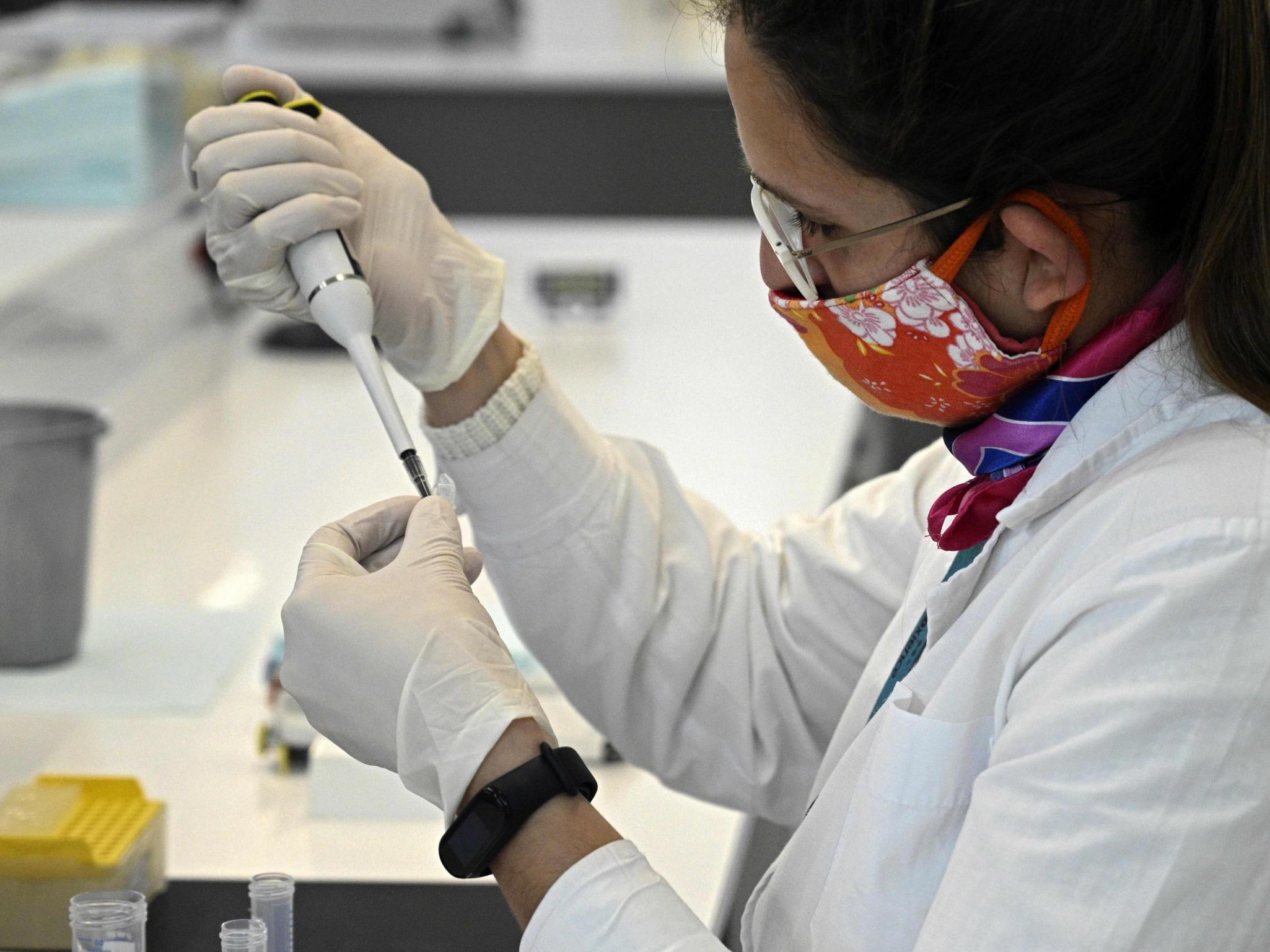Analysis: The government must heed the lessons from history on rushed vaccinations
Health correspondent Shaun Lintern says ministers must be transparent on Covid-19 vaccination plans

Your support helps us to tell the story
From reproductive rights to climate change to Big Tech, The Independent is on the ground when the story is developing. Whether it's investigating the financials of Elon Musk's pro-Trump PAC or producing our latest documentary, 'The A Word', which shines a light on the American women fighting for reproductive rights, we know how important it is to parse out the facts from the messaging.
At such a critical moment in US history, we need reporters on the ground. Your donation allows us to keep sending journalists to speak to both sides of the story.
The Independent is trusted by Americans across the entire political spectrum. And unlike many other quality news outlets, we choose not to lock Americans out of our reporting and analysis with paywalls. We believe quality journalism should be available to everyone, paid for by those who can afford it.
Your support makes all the difference.Coronavirus made the fear of a global deadly pandemic very real for billions of people around the world with cities in lockdown, economies in freefall and more than 830,000 people dead.
The only real hope of getting back to normal is an effective vaccine that will protect people against Covid-19. Vaccination has been proven time and again to be safe and the best way of protecting populations against disease.
But like any medicine it is not without risk and the history of pandemic viruses are particularly worth consideration as the UK government considers changing the law to fast-track a Covid-19 vaccine and to grant pharmaceutical companies immunity from being sued.
The last time the UK rushed a vaccine into use it ended up costing taxpayers millions of pounds in compensation because of a rare complication linked to the Pandemrix vaccine, developed by pharmaceutical giant GlaxoSmithKline (GSK) to protect against swine flu.
Then as now, in the early stages of the pandemic, the Labour government feared huge numbers of deaths, hospitals being overwhelmed and society itself breaking down.
Ministers agreed to indemnify GSK so they could rush the vaccine into use and in the marketing information about the vaccine they did not fully explain how it had not gone through the normal checks.
Vaccinations started in October 2009 even though, by that stage, the UK government knew the pandemic was not likely to be as deadly as first thought. Publicity failed to mention the indemnity or the unique way the vaccine was approved by the European Medicines Agency.
Following a widespread vaccination campaign, the numbers of children and adults developing narcolepsy began to rise substantially. Around 1,800 cases of the condition across Europe have been linked to the Pandemrix vaccine.
Narcolepsy is an incurable condition that leads to chronic fatigue and difficulty sleeping, and with effects including night terrors, hallucinations and a range of mental health problems. Some sufferers can suddenly lose consciousness and collapse without warning. Many are unable to work or drive.
More than 100 people are believed to have taken legal action against GSK and the Department of Health and Social Care (DHSC). The cases have been settled with confidentiality clauses so its not known what the true cost has been.
Even further back in history the fear of a pandemic swine flu in 1976 prompted a rushed vaccination of millions of Americans with hundreds later reporting symptoms of Guillain-Barre syndrome, a rare disorder that can cause paralysis and even death.
Now the DHSC is again faced with a pandemic virus that threatens our way of life. But rather than learn the lessons of history and provide the public with assurance on how side effects will be handled and the support and compensation that will be available, ministers are instead looking to give pharmaceutical companies immunity from legal action.
This is not necessary unless the aim is to prevent the small number of people who may develop side-effects from being able to get justice through the courts. The government could, as it did with Pandemrix, indemnify the companies from any future claims. That would leave taxpayers liable to pay out in the event of a problem. Perhaps this is what lies behind the immunity proposal.
The announcement on Friday failed to mention whether the government would include any Covid-19 vaccine in the Vaccine Damages Payment scheme, which pays out £120,000 to people who are disabled as a result of a vaccine.
Denying people the right to seek justice while offering no assurance on what it will do in the event of rare side effects is no way to win the public’s confidence and will fuel conspiracy theorists and anti-vaxxer myths.
The government must be prepared to have a grown up conversation about the risks and benefits of a Covid-19 vaccine. It must not hide any details of deals with manufacturers and it must publicly state its support for those rare instances when something goes wrong.
Full and informed consent for vaccinations includes knowing how drugs were tested and licensed and if that differs from the normal process.
Join our commenting forum
Join thought-provoking conversations, follow other Independent readers and see their replies
Comments